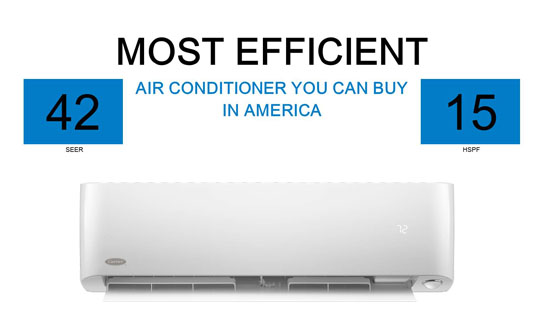What Is IAQ?
Indoor Air Quality is important because according to the EPA, Americans spend 90% of our time indoors. The quality of the air that we breathe can affect our health. If not properly addressed, our indoor air can have 2 to 5 times more pollutants than the air outside of our home.
What effects the quality of the air inside our homes?
The lack of regular preventive maintenance, the air exchange rate from the outside air as it infiltrates to inside your home are major factors that effects the air you breathe. Also, the weather can cause you to open your windows more or less, and outdoor humidity can cause moisture to infiltrate and raise your homes humidity level. High humidity can cause mold and mildew to grow in areas that you may not see. Your home can be too tight, causing the air to become stale and also cause moisture problems. Outdoor allergens can make their way inside and can cause breathing issues when trapped in your home.
Cleaning products, pet dander, The off-gassing of chemicals from building or furniture material. There are many other factors that can degrade the quality of the air you breath inside your home.
What can I do to protect myself and my family from poor air quality?
At Comfort Plus Services, many of our employees have been trained by Carrier Corp. to be certified “Healthy Air Experts.” An inspection of your home’s comfort system and the complete envelope of your home can reveal underlying issues that you may be having and uncover other potential hazards. Dehumidifiers, air filtration systems, air purifiers, fresh air exchange systems, humidifiers, etc. could help increase the level of the clean air you and your family breathe. Most options are relatively inexpensive and financing options are available as well.
Source: https://www.epa.gov/report-environment/indoor-air-quality







